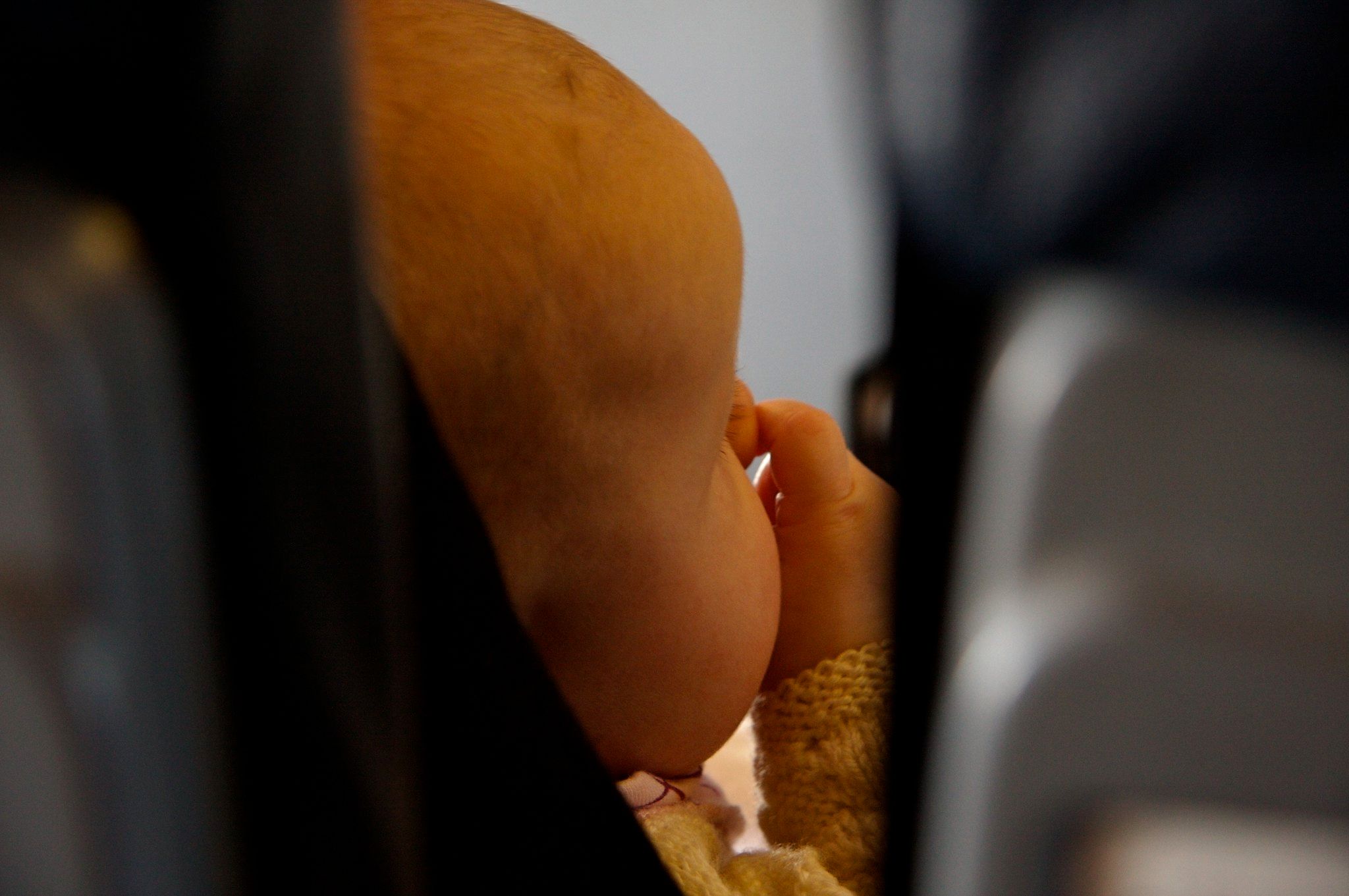Summary
- Different countries follow varying principles of nationality for babies born on international flights, with some granting citizenship based on the location of birth (jus soli) and others based on the citizenship of the parents (jus sanguinis).
- If a baby is born over international waters or in regions without territorial rights, the nationality of the aircraft's registration may be considered, but only if the child would otherwise be stateless.
- In-flight births are rare due to restrictions on pregnant women flying during their third trimester, but they do occur occasionally.
What nationality does a baby born on an international flight take on? The issue can be a complex one, as different countries follow varying principles of nationality.
Legal frameworks
The rules vary by country. For instance, in the United States, a child born on a plane over U.S. territory or within its airspace is automatically granted U.S. citizenship. This is because the US confers citizenship upon individuals born within its territory – including its territorial airspace and waters – a concept known in legal terms as "jus soli," or "right of the soil."
Conversely, many countries adhere to "jus sanguinis," or "right of the blood," whereby the baby's citizenship is determined by the citizenship of its parents. In the United Kingdom, for example, birthright citizenship is not automatic for babies born to non-British parents. Instead, it is typically reserved for those born to parents with British citizenship or settled status, so a birth taking place over its airspace would not likely factor into the child’s citizenship.
Other countries, including Argentina, Brazil, Mexico, and more, offer unrestricted birthright citizenship to babies born on their territory or in their airspace.
Get the latest aviation news straight to your inbox: Sign up for our newsletters today.
Births over international waters
In cases where babies are born over international waters or in regions without territorial rights, the aircraft's registration nationality might come into play. All aircraft are assigned the nationality of the country where they are registered, regardless of where takeoff and landing occur. However, this rule, rooted in the United Nations’ Convention on the Reduction of Statelessness agreement, applies only if the child would otherwise be stateless.
In-flight births are rare, but happen
Despite these intricate legal frameworks, mid-flight births are incredibly rare. Most airlines have regulations that prohibit pregnant women from flying during their third trimester, making in-flight births unusual, although some do not have such limits.
Few airlines even track the number of babies born on their flights due to their rarity. While only around 75 in-flight births have been recorded over the past century of aviation history, the issue of determining the nationality of such babies remains relevant, because it does occasionally happen.
During September 2021, for example, a passenger hailing from Morocco delivered a child while aboard a Turkish Airlines flight that was en route between Istanbul and Chicago. In the preceding July of 2019, another birth occurred on a flight traveling from Doha to Beirut. This flight had to be redirected to Kuwait to ensure prompt medical attention for both the mother and newborn. Additionally, amidst the U.S. evacuation efforts from Afghanistan in 2021, an Afghan evacuee gave birth aboard a military C-17 troop-transport aircraft.
More often than not in these cases, citizenship for the baby has remained with that of the parent. The infant delivered on the C-17 transport departing from Kabul, for instance, possesses Afghan citizenship, just like her parents do.
This is because the birth did not take place of US soil, as well as because the US State Department does not consider a US-registered aircraft to be an extension of US territory. Therefore, a child born on such an aircraft while outside of US airspace does not attain US citizenship based solely on the place of birth.
Do you know of any stories of an airborne birth that granted a child a jus soli citizenship? Let us know in the comments below.
Sources: HowStuffWorks, BestCitizenships




